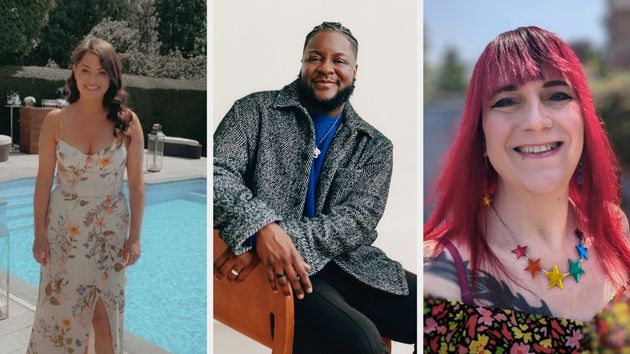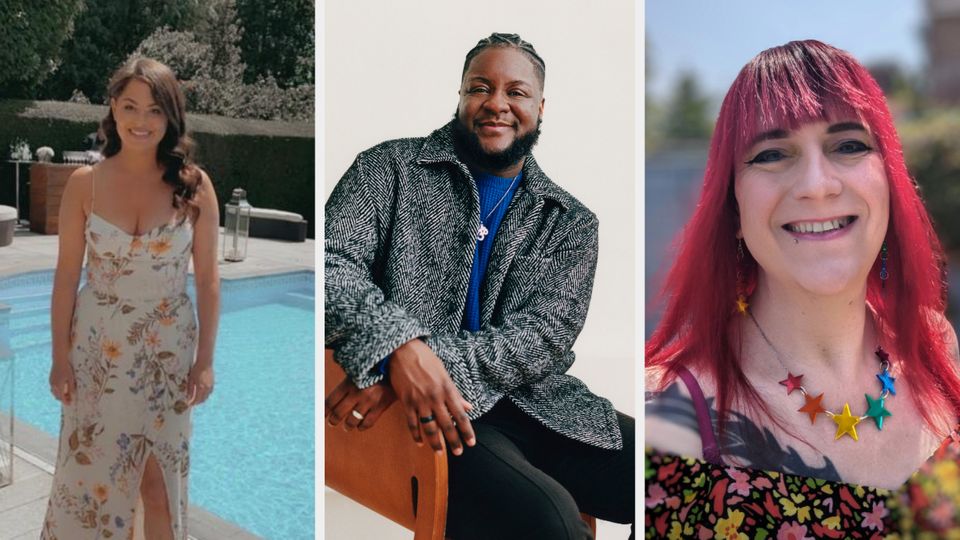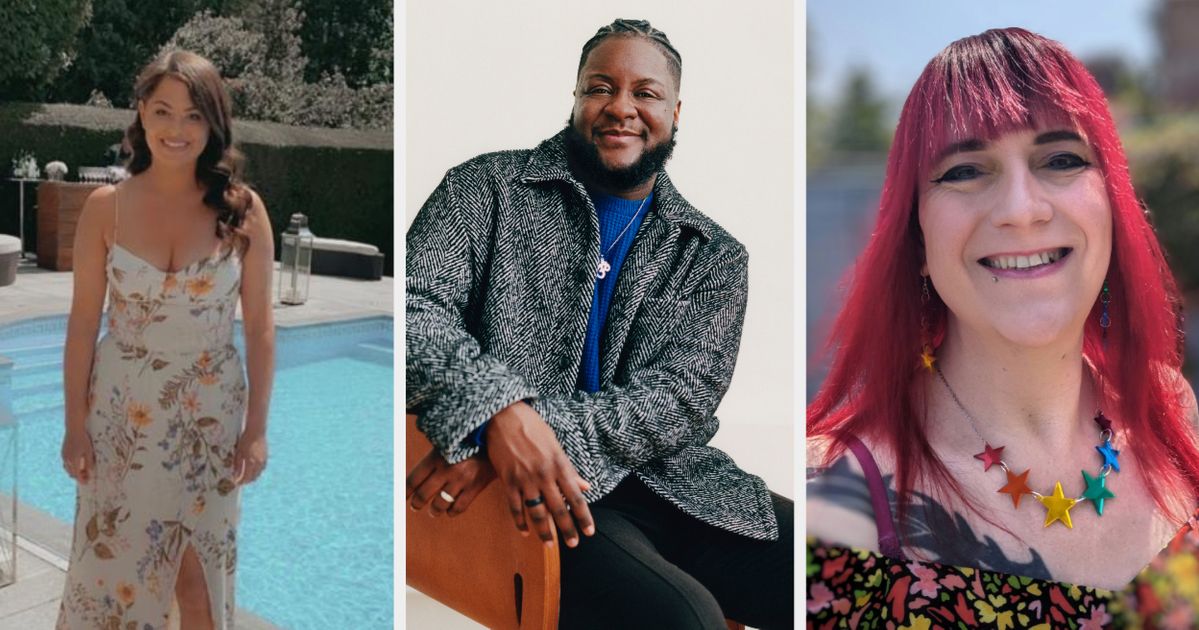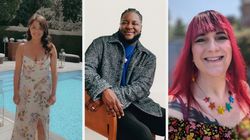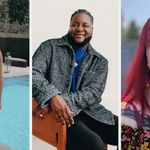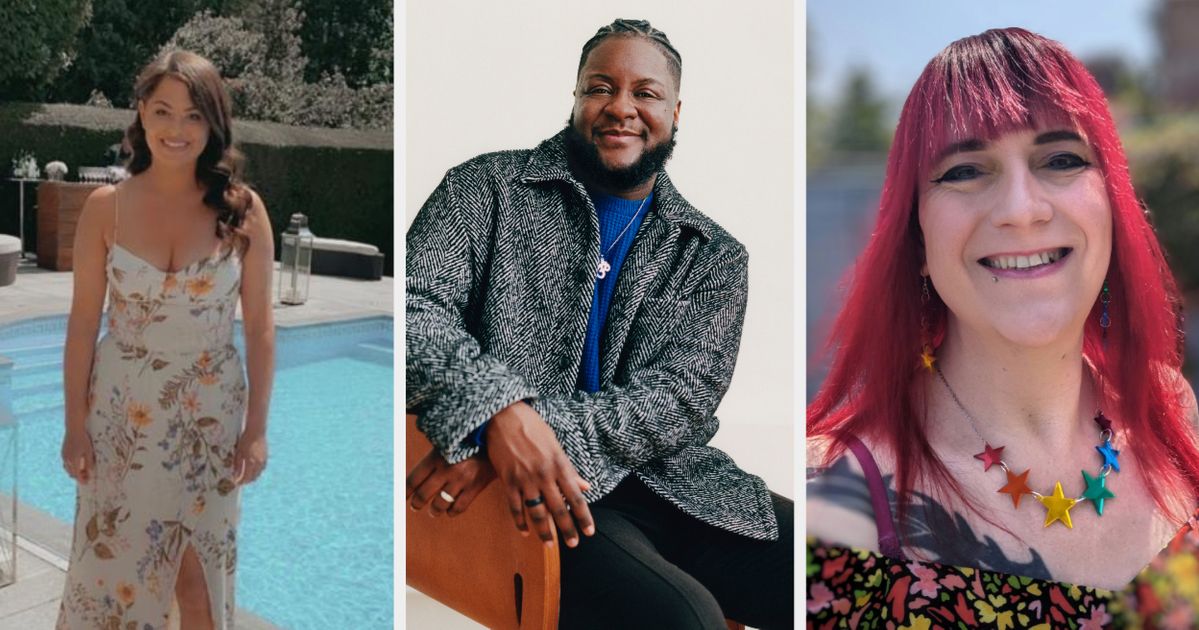Whether you identify as gay, lesbian, bisexual, transgender or queer, it’s hard to be happy when you have to lie about who you are. For many LGBTQ+ people, coming out as their true gender or sharing their sexuality comes fraught with fear over how family members will react, whether they’ll lose friends once they bring their authentic selves into the light, or if their workplace, church or community will look at them differently.
But no matter how difficult, the closet is no place for a person to truly live. Five people from across the LGBTQ+ spectrum share their coming-out stories, to unfurl the beautiful array of experiences the journey entails.
Advertisement
Sammy Altman
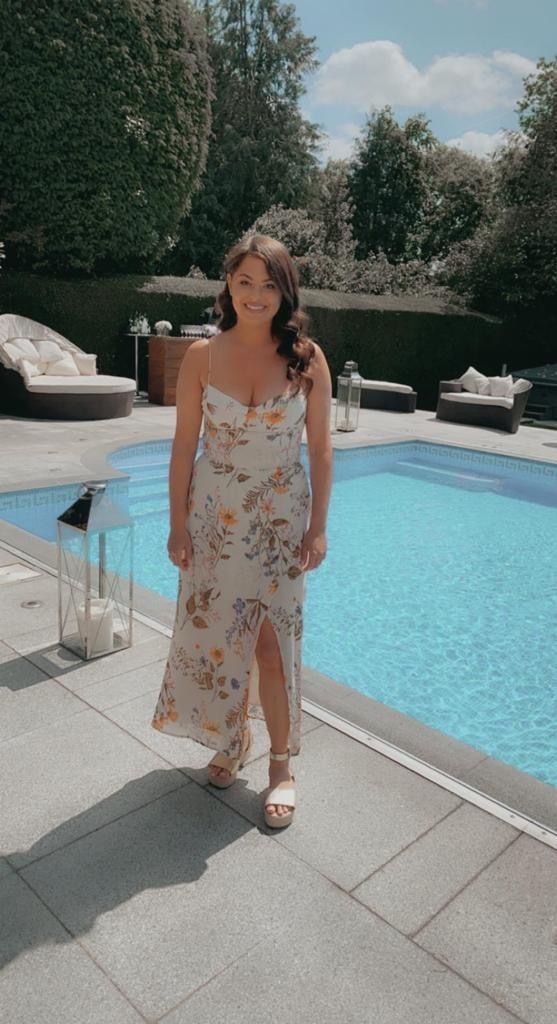
Sammy Altman
It took me a while to realise that I was in fact gay. I grew up without ever interacting with anyone who was LGBTQ+, and I thought for a long time that I was just strange and didn’t want to have sex. I then realised that I just didn’t want to have sex with a guy.
I was about 20. I told my sisters first who both were really kind and supportive, and encouraged me to tell my mum, but I was incredibly nervous. I’m Jewish and from a tight-knit community, so I wasn’t sure how my parents would react.
My Mum was on a holiday so I decided that would be a great time to tell her. I Skyped her with both of my sisters and I panicked and couldn’t say anything. I handed the phone to one of my sisters and she told my Mum, who hung up and for a long time it was difficult, and she wasn’t accepting.
Advertisement
I had a few coming out stories because I had to come out to my Mum and then I was silenced, having to come out to my dad and family separately. My Dad was really accepting. Yet, still my partner and I were not invited to family events and we were not allowed to tell my extended family.
Eventually they came to realise that they either accepted me for who I am, or they were going to lose me. So, 12 years later I’m now engaged and getting married in December to my fiancé Rachael, and my parents are very accepting towards her and treat her no differently to how my sister’s partners are treated.
At the time, I was ashamed. I wish I wasn’t, and now if it makes you feel uncomfortable, then fuck off. That’s not my problem!
Zoey Allen
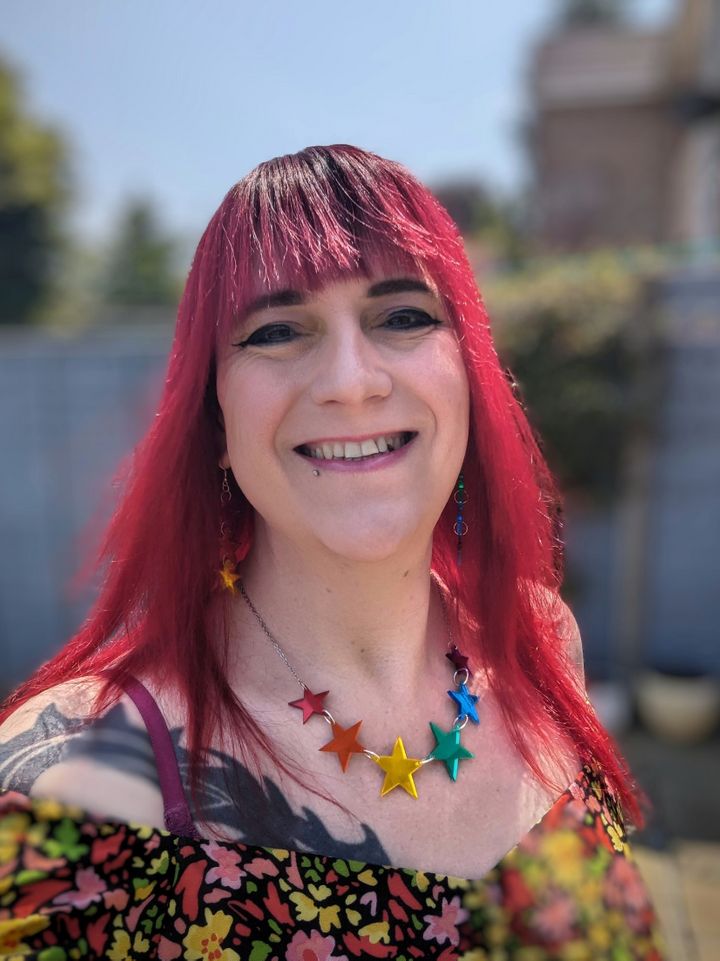
Zoey Allen
I came out in January 2019. After years of fighting who I was, I finally discovered the language to describe how I felt and figured it was time to truly embrace who I was. I nearly came out to my wife at the time on so many occasions, but fear of losing my family put me off. I over masculinised, with tattoos, shaved head, big beard and some muscles, but it only made me more depressed.
Advertisement
I began dressing up in more feminine outfits for parties, shaved my beard and began losing weight. I had no other way of controlling how I looked and couldn’t put it into words.
Although my wife and I are no longer together, when I came out to her, she was there for me, particularly, in the early days and our children truly accepted me.
We began working on our blog www.ourtransitionallife.com and socials which I now solely run, talking about my journey and other LGBTQIA+ issues.
I lost a few friends and family members along the way due to a lack of understanding, but now at nearly 42 and four and a half years into my transition, I have not only reconnected with some, but I have a whole new LGBTQIA+ family who support me.
Sam Thomas (he/him)
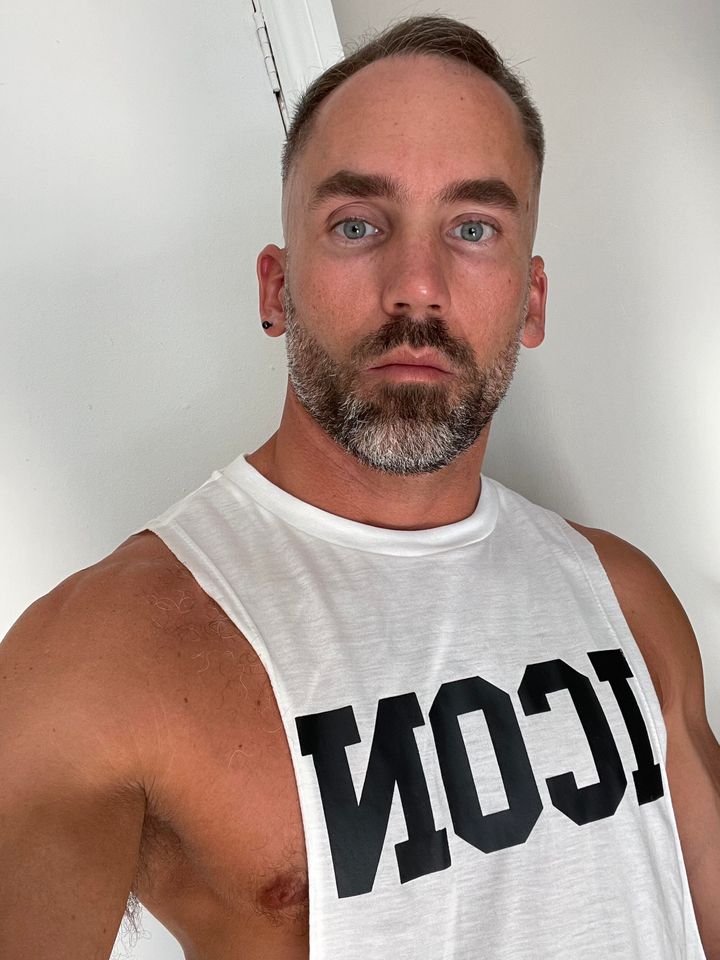
Sam Thomas
Advertisement
The word gay was a slur when I was at school. Being effeminate with mullet-like hair, I stood out. For years, I was called gay, which meant I was disliked. Over time, the bullying went from verbal insults into physical violence. I’d hide in the boy’s toilets where I knew I wouldn’t be found. By sixteen, the bullying subsided. I guess to an extend I earned their respect for standing up for myself.
It was only at college did I realise what gay meant. There was a guy the same age as me, who I had a huge crush on. Back in 2002, when homophobia was rife, I had never met an openly gay guy before, but he was out & proud. This was when the penny dropped, and I realised fancying boys meant I was gay.
When I came out to my friend, she said, ‘I know. We all did back at school!’ It seemed everyone knew I was gay but me. She was the first person I spoke to about my sexuality and came out as lesbian soon after. We forget that coming out isn’t just giving ourselves permission to become our true selves. It’s also about giving others permission to become the people they’ve always yearned to be too.
Maria Eilersen (she/they)
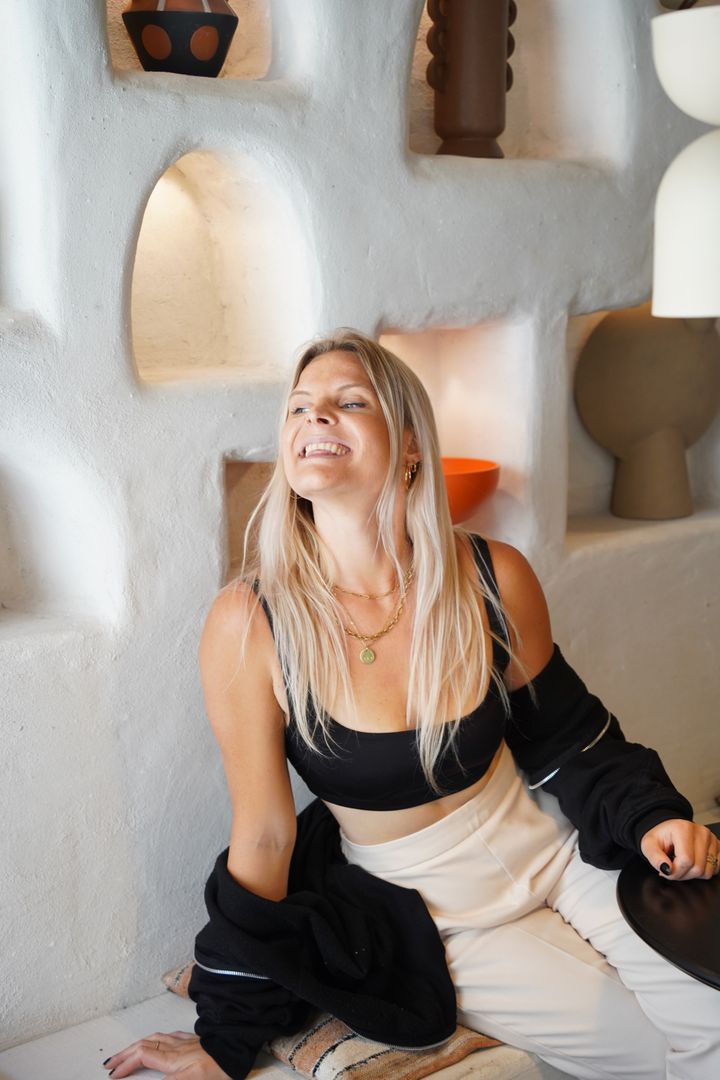
Maria Eilersen
I came out to myself on a yoga teacher training in the Guatemalan jungle. I was in my late twenties and had just been made redundant from my corporate job. Not wanting there to be too glaring a gap in my CV but craving an eat-pray-love solo trip, I’d opted for a YTT abroad instead of a yoga retreat.
Advertisement
Spending three weeks immersed entirely in spiritual practice, surrounded by strangers who cared little about my life and career back in London, I was able to fully be myself for the first time without labels or expectations. That freedom allowed me to admit I was falling for one of the fellow yogis, and finally feel safe enough to accept that I’m queer. My solo travels supported this integration before I got home and felt ready to come out to friends and my sister. It took another six months and getting my first serious girlfriend for me to eventually come out to the rest of my family in Denmark.
Looking back, there were so many earlier signs of my bisexuality, but it took being stripped of societal expectations in the jungle to feel safe enough to finally explore it.
Moe Ari Brown (they/them or he/him)
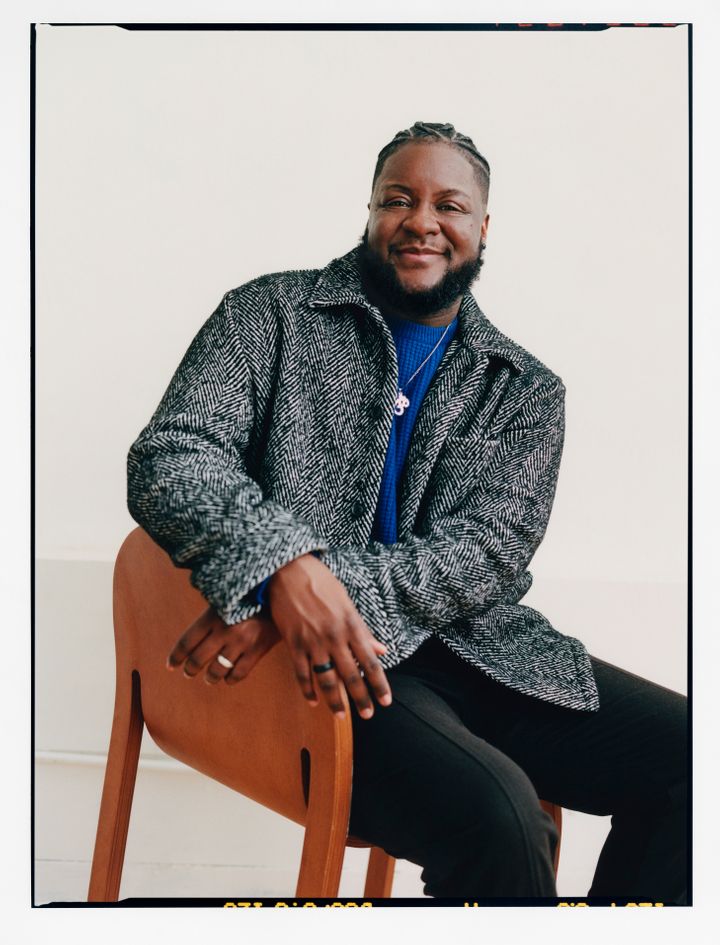
Moe Ari Brown
Having been assigned female at birth and a biologically identical twin, I was also assigned a life plan and role within the world before I’d opened my eyes. My childhood was filled with listening to others’ expectations and receiving praise for trying to live up to them, forgetting how to live on my own terms. Despite my success in adulthood, I couldn’t seem to feel the joy I was supposed to feel at what everybody thought was the peak of my life. Enough was enough, and I embarked on a journey to understand why I felt this way.
I allowed myself to realise that I am transgender non-binary and discovered that losing my facade was the only way to experience joy truly. It was difficult to accept that I would no longer receive validation for meeting the expectations of others, especially when those expectations were about being like my twin. I experienced a kind of grief when I began to shed the layers of the persona I’d built based on those expectations – like when I first cut my hair.
Advertisement
For years, my long hair was one of the prominent ways that people identified me and my sister. They’d frequently refer to us as “the tall twins with the long hair.” In January 2015, the day I decided to cut my hair was one that I’ll never forget. It’s then I jumped straight into figuring out who I am as Moe Ari.
I’d recently made my relationship official with my then girlfriend, now wife, after knowing her for about three years. I was nearing the end of my graduate program in family therapy, and I was finally in a place where I was ready to be my full self with myself and in a romantic partnership. I came out to my parents as “queer” about a month later and began the process of coming out as transgender non-binary about a year after that.
I’m a work in progress, but when I learn new things about myself, I welcome others into celebrating with me rather than seeing it as “coming out” because I try to live my life now as though there are no walls and no closets to come out of.

